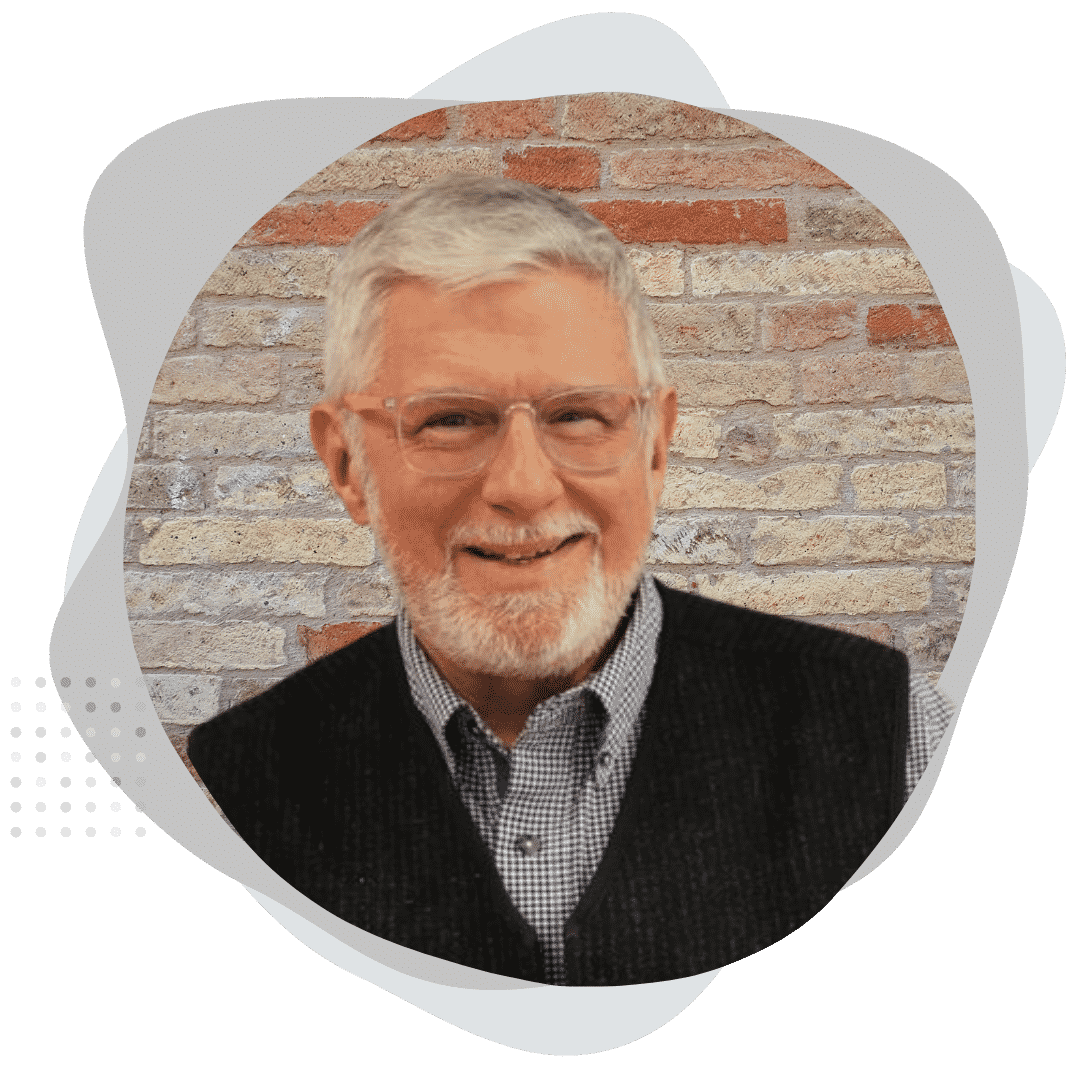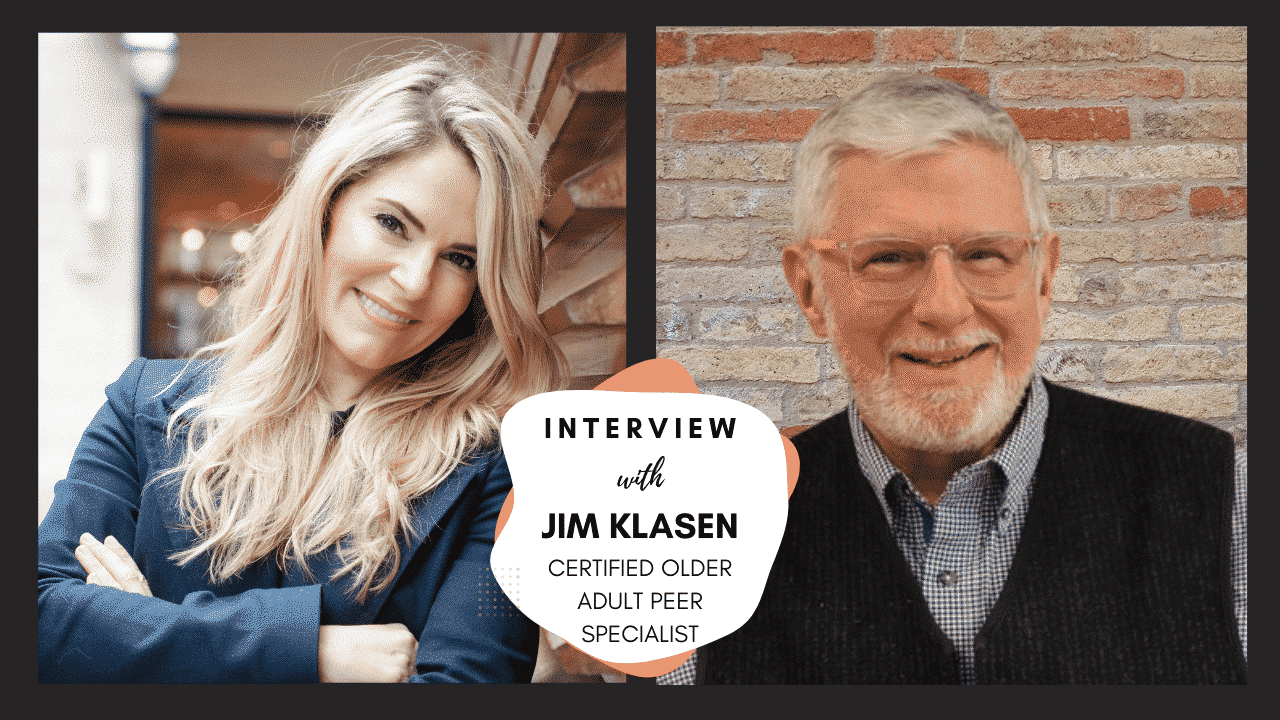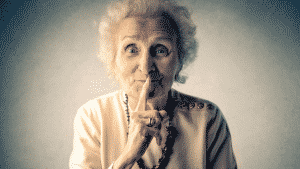The field of peer support has grown in many mental health and substance abuse treatment systems. Peer Support Specialists draw upon their own life experiences, like mental health and substance use concerns, distress, poverty, and oppression, on the one hand, and experiences of recovery and resilience, on the other.¹ They use their lived experience to help build connections to others with similar shared experiences and treatment.
The fact that peer specialists share many similar experiences with the clients they serve means that they are able to understand clients in a way that is real and empathetic enabling meaningful connections.¹
Today, I interview Jim Klasen, Certified Older Adult Certified Peer Specialist, who shares his personal experiences with mental health and substance use recovery and ways in which he is using his lived experience to help others.
Here’s a peek into the episode with Jim Klasen:
- Jim shares his own experience with mental health and substance use concerns
- What recovery means to Jim
- Jim defines the Wellness Recovery Action Plan (WRAP)
- Jim’s process of becoming a Certified Older Adult Peer Specialist
- How Jim worked to repair relationships with his (adult) children
- Recommendations for older adults struggling with their own mental health concerns
- The role of music in Jim’s healing process.

Jim Klasen
Jim Klasen is an Advanced Level Wellness Recovery Action Plan (WRAP) Facilitator and Certified Older Adult Certified Peer Specialist trainer. He brings over 40 years of experience from the workforce development field. Jim has worked with youth, welfare recipients, persons returning home from prison, and persons impacted by trauma, mental health, and substance-related challenges. As a Certified Peer Specialist, Jim brings lived experience sharing his recovery journey openly as evidence that recovery and wellness are both possible and probable. His journey has led naturally to his “encore career” as a facilitator of peer support.
[templatera id=1742]
Related Episodes About Lived Experience
- Chrissy Thelker shares her experience living with Vascular Dementia
- Angie Burke shares her experience recovering from stroke and post-stroke depression
- Couple shares their experience finding love after widowhood
- Ashton Applewhite discusses how to combat aging and become an older person in training
Links mentioned
- WRAP: Wellness Recovery Action Plan by Mary Ellen Copeland
- Mental Health Partnerships (covering Philadelphia, Southwest New Jersey, and Delaware)
- Encore.org
- Certified Older Adult Peer Specialist program (COAPS) by Cynthia Zubritsky, PhD
- Pat Deegan, PhD
References/Resources
- 1. What do peer support workers do? by Jacobson, N. et.al. (2012). What do peer support workers do? A job description. BMC Health Services Research. 12:205
- Want to learn more about peer support? Check out SAMHSA’s Core Competencies for Peer Workers in Behavioral Health Services





